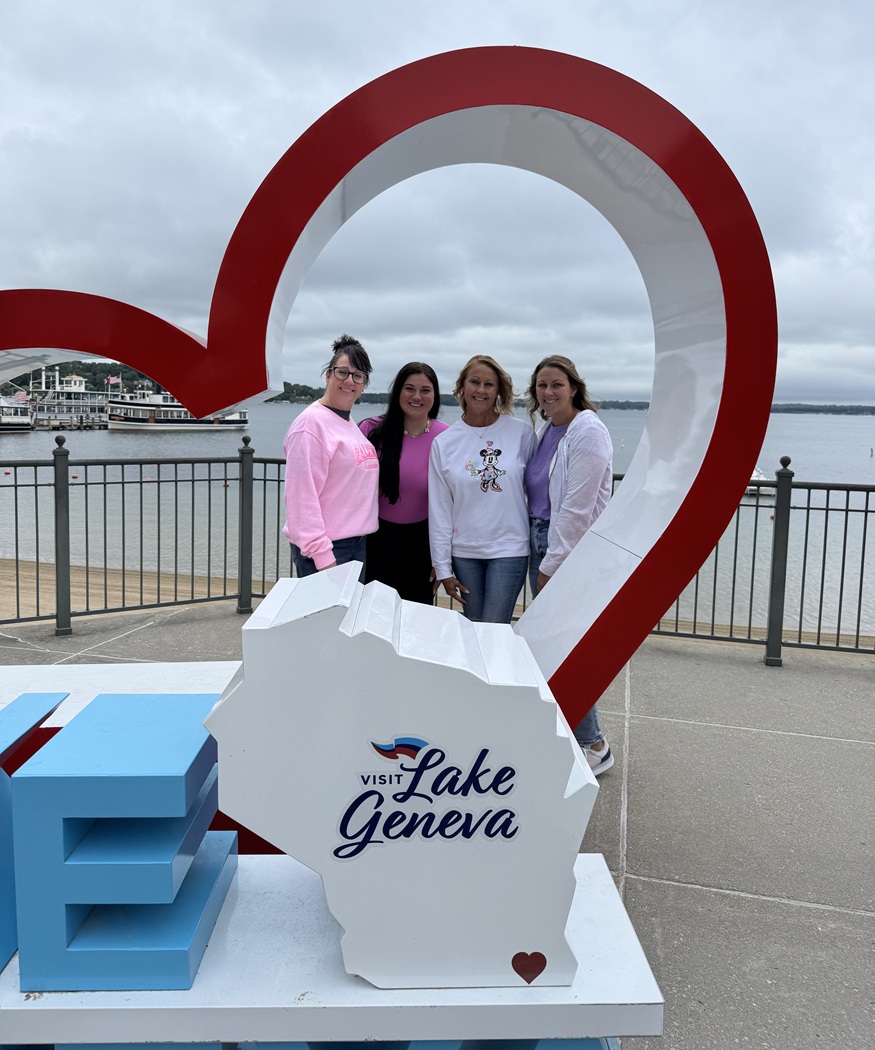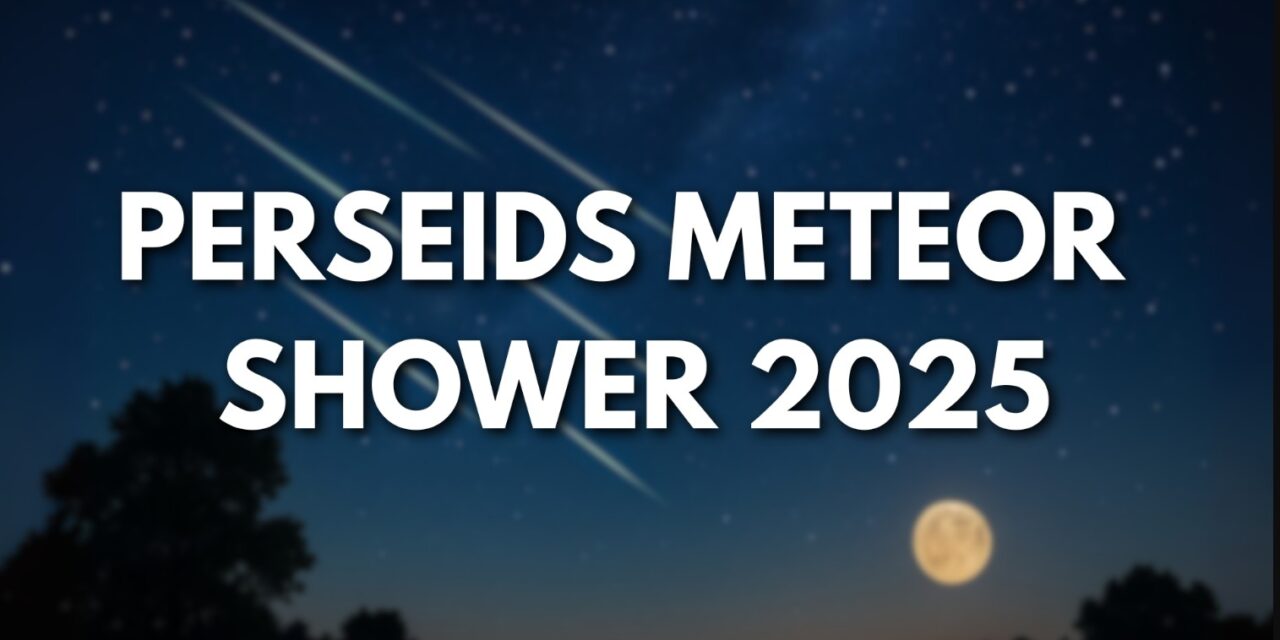LITTLE GEMS
The Perseid meteor shower, the largest and one of the most anticipated of the year will be visible in Wisconsin.
With its whizzing meteors and blazing fireballs, the Perseid meteor shower reliably puts on a spectacle every year for stargazers around the world. The much-loved annual summer display of “shooting stars” in the Northern Hemisphere will peak one night in August, set to be marred by strong moonlight, but there are two nights to see it at its best. The best time to see the Perseid meteor shower is typically on its peak night, which this year occurs overnight, on Aug. 12-13, when up to 100 meteors per hour can be visible under perfect conditions.
With the Delta Aquariid and Alpha Capricornid meteor showers peaking together overnight on July 29-30, that’s probably the best night for shooting stars this summer. In 2025, the Perseid meteor shower is expected to become active on Thursday, July 17, and remain so until Aug. 23. During this early phase of the Perseids, rates will be modest, perhaps 5–15 meteors per hour. But what you miss in quantity, you’ll make up for in quality: skies will be darker now than they will be during the August peak when the full moon will overpower all but the brightest shooting stars. Luckily, the Perseids are known for their fast, bright meteors, many with long trails. Like all meteor showers, the Perseids are best viewed during the dark hours between midnight and dawn. However, it is possible under the right conditions to view Perseid meteors as early as 10 p.m.
For the best chance of seeing Perseids, find a dark location away from city lights. Clear weather is key, so check local forecasts and scout the location with minimal horizon obstructions. Meteor showers are best observed with the naked eye. Avoid looking at phones, which will instantly kill your night vision, and use red lights instead. What’s more, the Perseids aren’t the only meteor shower lighting up the night sky this summer. Both the Southern delta Aquarids and the alpha Capricornids are due to peak at the same time between July 29 and July 30. The Capricornids began their activity on July 12 and will be followed by the Southern delta Aquarids (also spelled “Aquariids”) on Friday, July 18. Both meteor showers will remain active until Aug. 12.
Persons of the Week

Melonie, McKenzie, Lexi and Tabatha visit Riviera Beach on their first vacation to Lake Geneva.







